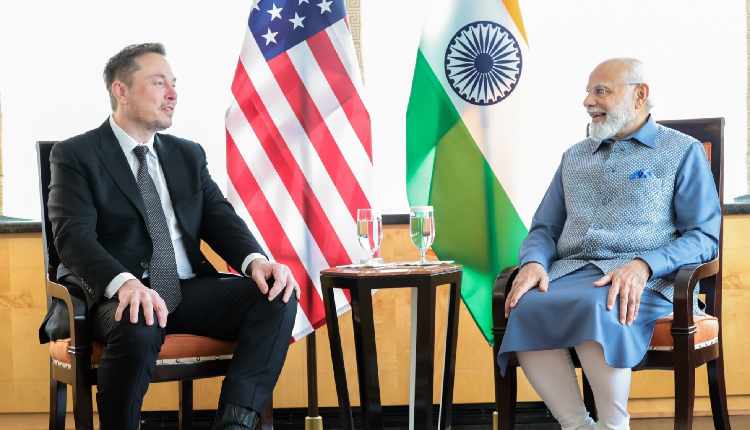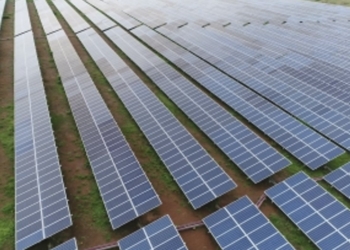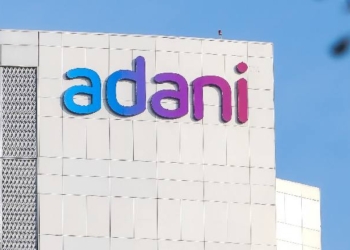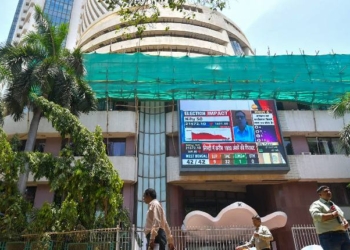New Delhi: It was in 2015 when Prime Minister Narendra Modi visited the Tesla facility in Palo Alto, California and Elon Musk took him for a tour of his electric car plant, convincing the PM that electric vehicles are going to be the next big disruptor. Nearly a decade later, the Tesla is set to come to – and be made in – India.
The tech billionaire is finally sending a team of experts to scout for a possible location to set up a $2-$3 billion EV plant in the country.
Reports say that on top of the Tesla CEO’s mind are three states — Gujarat, Maharashtra, and Tamil Nadu — which have an EV infrastructure in place, as well as ports which make it easier for the electric car giant “to export cars”.
The credit goes to PM Modi’s persistent efforts in convincing Musk to look at India as his next big destination to establish a Tesla Gigafactory and export EVs to the rest of the world. In June last year, PM Modi met Musk in the US and appreciated his efforts at making technology accessible and affordable in various sectors.
The Prime Minister invited Musk to explore opportunities in India for investments in the electric mobility sector. After meeting the Prime Minister, Musk started exploring setting up his own supply chain ecosystem in India, thus producing cheaper electric cars that might even start from Rs 20 lakh.
In Musk’s own words, “He (PM Modi) really cares about India because he’s pushing us to make significant investments in India, which is something that we intend to do and we’re just trying to figure out the right timing”.
PM Modi “really wants to do the right thing for India. He wants to make sure that the advantage from investments accrues to India’s advantage, which is, you know, obviously, that’s the job”, the billionaire told reporters after meeting the PM.
India has more “promise than any large country in the world”, he added.
Last November, Union Minister Piyush Goyal also visited Tesla’s state-of-the-art manufacturing facility in California. He posted on X that it was “extremely delighted to see talented Indian engineers and finance professionals working at senior positions and contributing to Tesla’s remarkable journey to transform mobility”.
“Also proud to see the growing importance of Auto component suppliers from India in the Tesla EV supply chain. It is on its way to double its component imports from India,” the Union Minister added.
The Tesla owner, however, apologised to Goyal for not being able to meet him as he was unwell.
In the new EV policy announced last month, the PM Modi-led government has reduced the customs duty to 15 per cent, albeit with certain riders. A minimum investment of Rs 4,150 crore (about $500 million) will be needed to set up EV manufacturing facilities, production will start within three years and reach 25 per cent DVA (domestic value addition) by three years and 50 per cent DVA within 5 years at the maximum, according to the new EV policy.
This now paves the way for Musk to enter the Indian market.
India’s EV market has the potential to achieve over 40 per cent penetration with $100 billion revenue by 2030. This growth is expected to be driven by strong adoption (over 45 per cent) in both two-wheeler (2W) and three-wheeler (3W) categories, with four-wheeler (cars) penetration projected to grow to more than 20 per cent, according to a recent report by Bain & Company and Blume Ventures.
India is also making progress in building its EV charging infrastructure to phase out diesel vehicles in a stipulated time frame. Additionally, government initiatives like the Faster Adoption and Manufacturing of (Hybrid &) Electric Vehicles (FAME) scheme have further incentivised EV adoption.
(IANS)
















